The HSC exams will be here sooner than you realise, and it’s essential to start preparing as early as possible to ensure you perform at your best. One of the most crucial aspects of studying for these exams is using practice papers. But how do you use these practice papers to achieve the best results? Let’s delve into the strategies and techniques that can help you maximise your performance.
Why Use Past Papers?
You should always use past papers when preparing for your HSC exams. HSC past papers are extremely similar to the actual exams students will receive for the HSC. You can download past papers from the NSW Education Standards Authority (NESA) website. Make sure you practise with papers that are relevant to your course and year level.
There are numerous benefits to using past papers for preparing for your HSC exams:

- Past exam papers let you apply your knowledge in a mirrored way to your actual exams.
- Practising past exam papers will help you deepen your understanding and improve your memory, especially when you get questions wrong
- Previous years exam papers can give you a sense of how long it will take to finish the exam, so you know how much time you have to afford for each questions.
You should start with past exam papers from your school, as the style of question is more likely to be the same as your upcoming assessment.
Now that we’ve established that past papers are good for preparing for your exams, let’s delve into how you should use these practice exams to maximise your HSC success.
Create A Realistic Exam Environment

When practicing with exam papers, create an environment similar to the actual exam. This means sitting at a desk, using a timer, and avoiding distractions like your phone or social media. Also, avoid referring to your notes or external information sources. By simulating a realistic exam environment, you’ll get used to the pressure of taking an exam and stay focused. This approach will also give you the most accurate indication of your readiness for the real exam.
One of the biggest challenges of the HSC exams is the time pressure. You’ll need to answer many questions within a limited timeframe. When practicing with exam papers, ensure you time yourself and try to complete the paper within the allotted time. This will help you acclimatise to the time pressure and develop strategies for managing your time during the actual exam.
Avoid the common thought, “It’s just a past exam paper; I’m sure I won’t have issues with time in the real exam.” Treat the past exam paper as if it were the real exam. Prepare for it and attempt it just as you would for the actual assessment.
Analyse Your Performance
After completing a practice exam paper, take the time to analyse your performance. Review the questions you answered wrong and evaluate why. This will help you identify areas where you need improvement and focus your study efforts more effectively.
When you encounter incorrect answers, resist dismissing them as mere “one-off silly mistakes” that you wouldn’t make in the real exam. Instead, ask yourself: “What was I thinking when I wrote this or chose this option? Do I truly understand why I formulated the wrong answer, and was it really just a simple mistake?”
Identify and categorise your strengths and weaknesses. Determine if you are stronger in certain modules or types of questions (e.g., multiple-choice or written responses). After working through a few past exam papers, you should have a clearer idea of which topics require more revision and where you might need additional help.
As you practise more exam papers, you should notice improvements in your performance. If you are not seeing progress, review your approach, consider the steps outlined above, and seek advice from your peers and teachers.
But When Should I Attempt My Practice Exams?
Although past exams are important, they are not something you should be using early on in your exam preparation. Instead, consider using them strategically as your studies progress. Here’s why:
Building a Strong Foundation First
When you begin studying early, your primary focus should be on understanding and mastering the material. This involves attending lectures, taking detailed notes, reading textbooks, and engaging in discussions. During this period, your goal is to build a solid foundation of knowledge.
Timing the Use of Past Exam Papers
Throughout the year, you should begin using past exam papers only after you’ve thoroughly covered a topic. This approach allows you to apply the skills and knowledge you’ve gained in a more effective way. If you jump into past exams too early, you may find yourself guessing or trying to piece together information you haven’t fully learned, which can lead to misconceptions and a false sense of preparedness.

Realistic Exam Conditions
Completing exams in a realistic environment is crucial for effective preparation. This means tackling past exam papers under their intended conditions: closed book, with a timer, and with no interruptions. By doing so after you’ve been fully exposed to all the relevant knowledge, you can simulate the actual exam experience. This not only helps you manage your time better but also reduces anxiety as you become familiar with the exam format and the pressures thereof.
Effective Application of Knowledge
Once you have a firm grasp of the material, practising with past exam papers becomes a powerful tool. You can identify areas where your understanding is weak, clarify doubts, and solidify your learning. This targeted practise helps to reinforce concepts and improve your problem-solving skills.
Start Preparing For Your HSC Exams With ACE HSC Tuition
Using past exam papers is one of the most effective strategies to maximise your HSC success, and you can do them at our HSC Review and Preparation Course 2024.
ACE’s HSC Review and Preparation Courses for Chemistry, Physics, and Economics are offered during the May term, aligning with the lead-up to School HSC Trial Exams. These 8-week courses consist of weekly 2.5-hour lessons focused on problem-based learning. Students review major theoretical concepts with the help of tutors and work through challenging questions to reinforce their knowledge.
The course includes detailed ACE summary booklets and practice questions modelled on NESA trends, emphasising exam technique and critical skills. These short classes fit around existing studies, but students should assess their readiness for a comprehensive review. Contact ACE HSC Tuition at (02) 9874 7045, email us at admin@acehsc.com.au, or make an enquiry about finding tutors near you or signing up for our HSC Review And Preparation Courses. For more helpful advice on preparing for your HSC exams, you can follow our blog.


